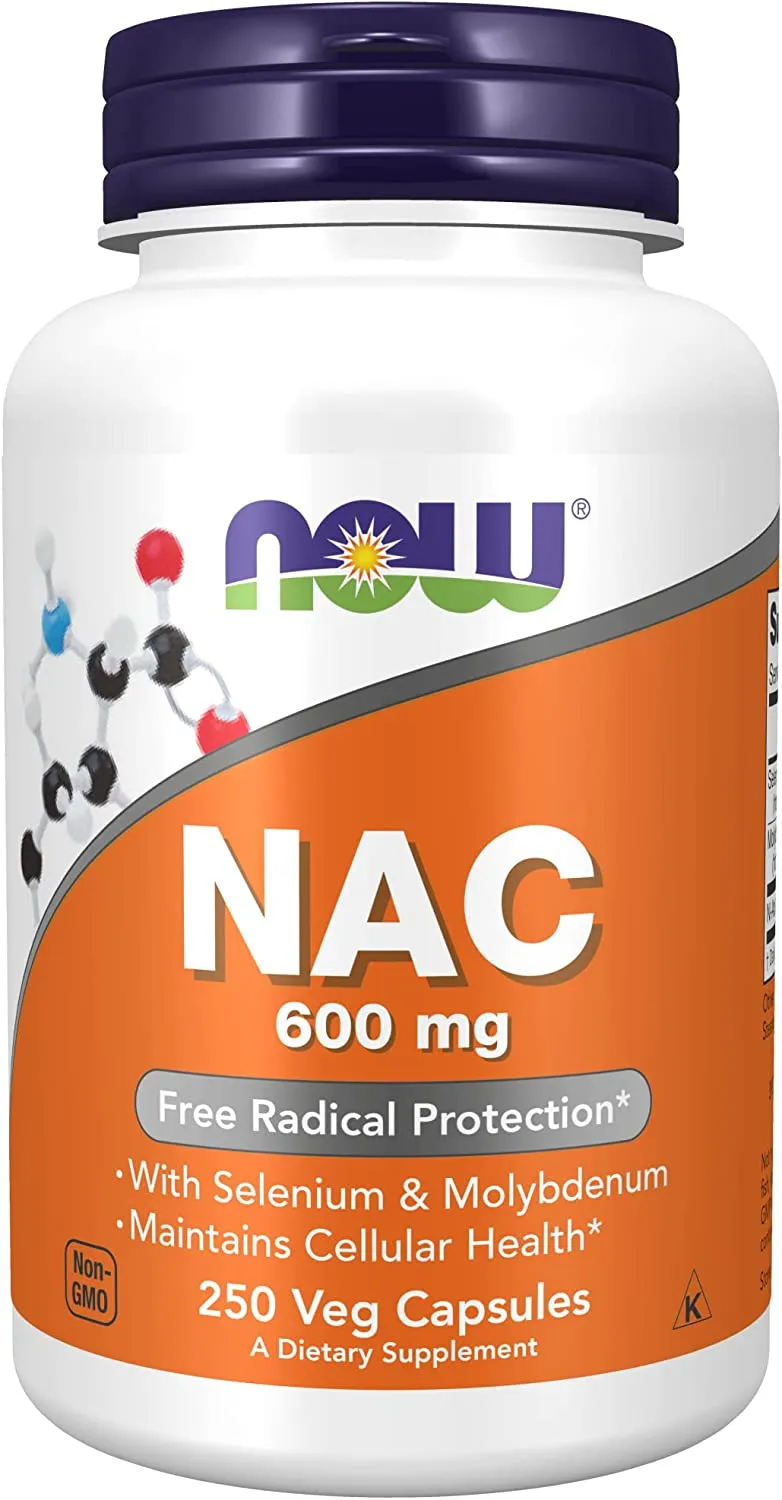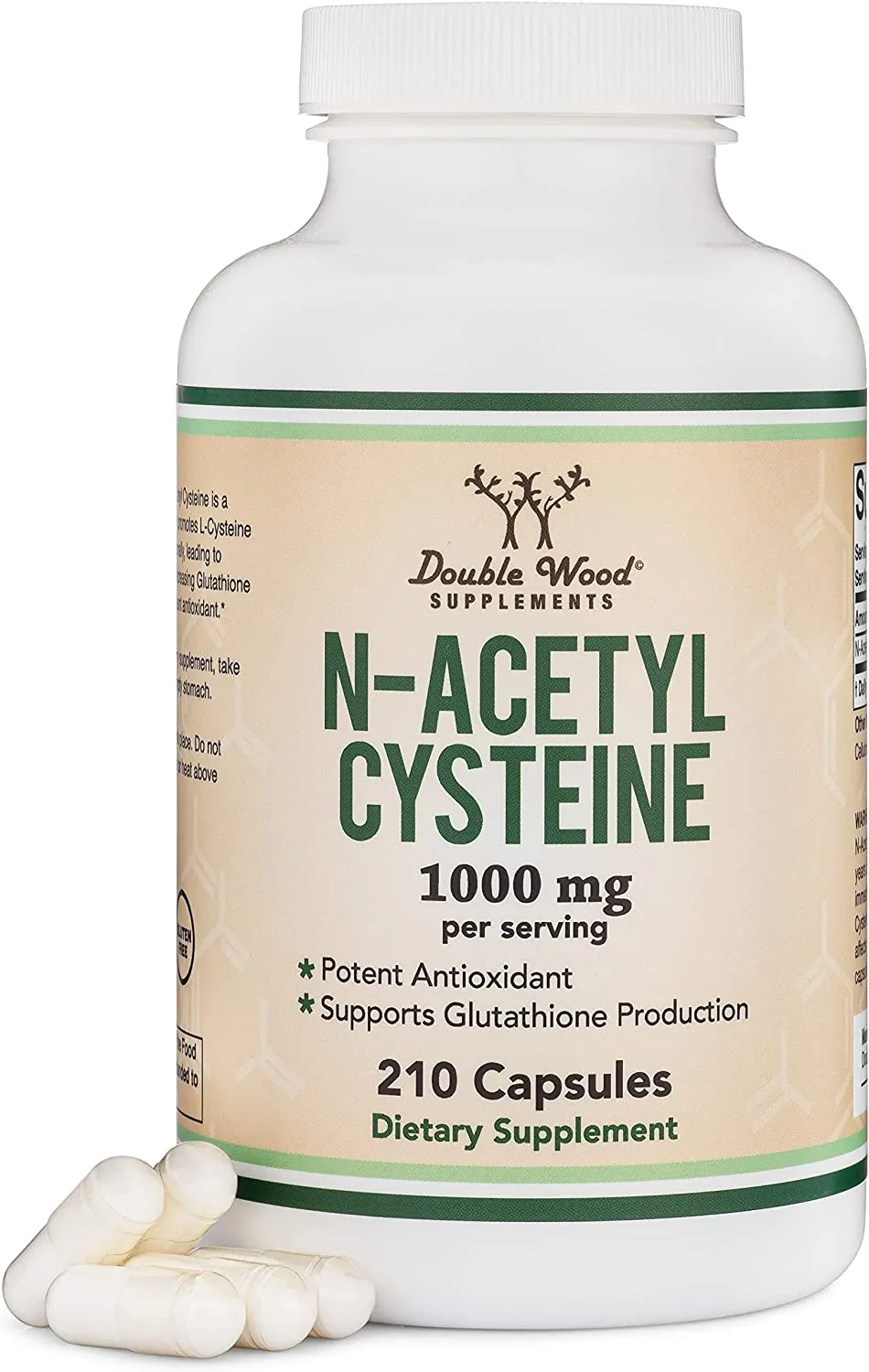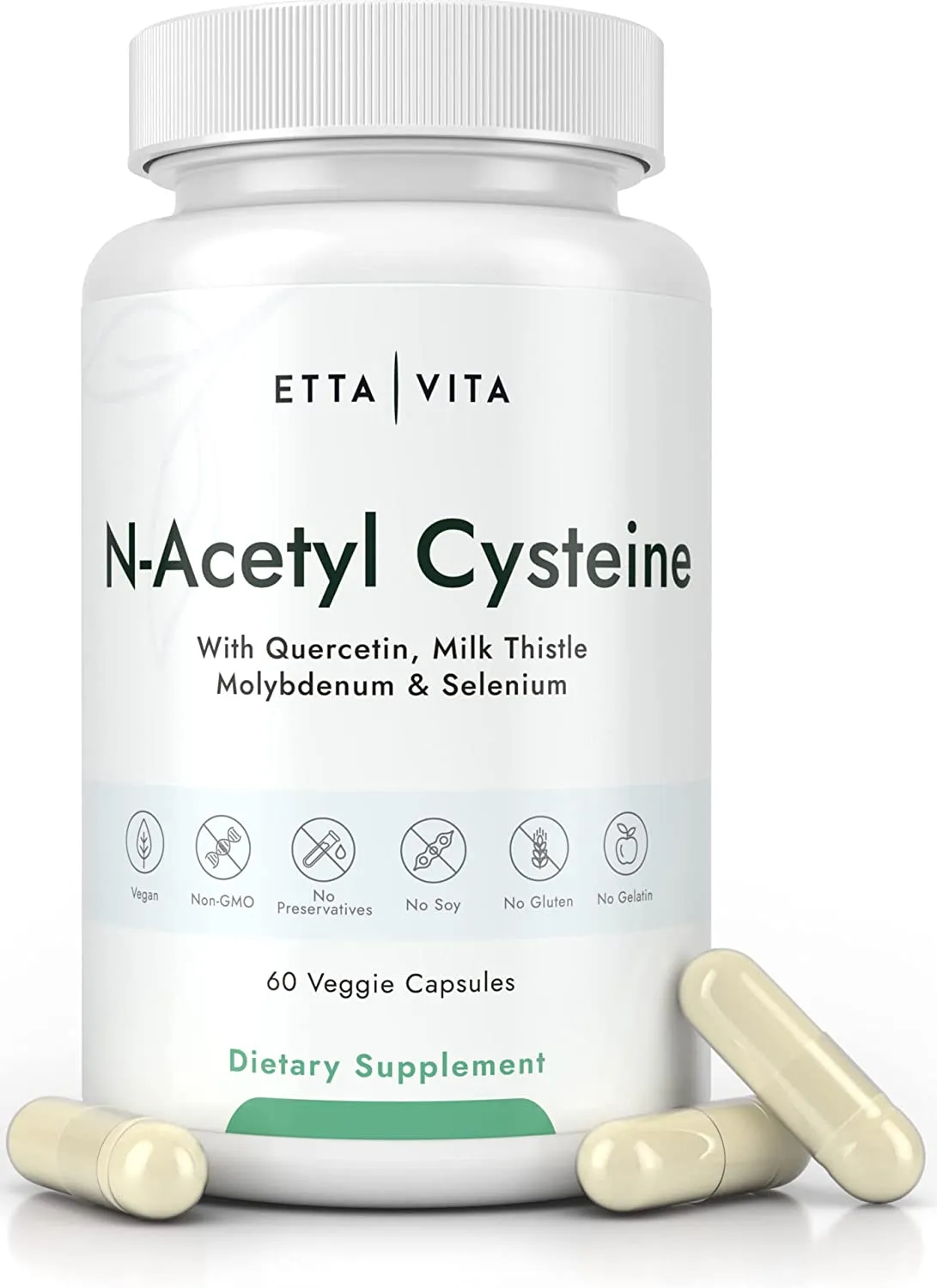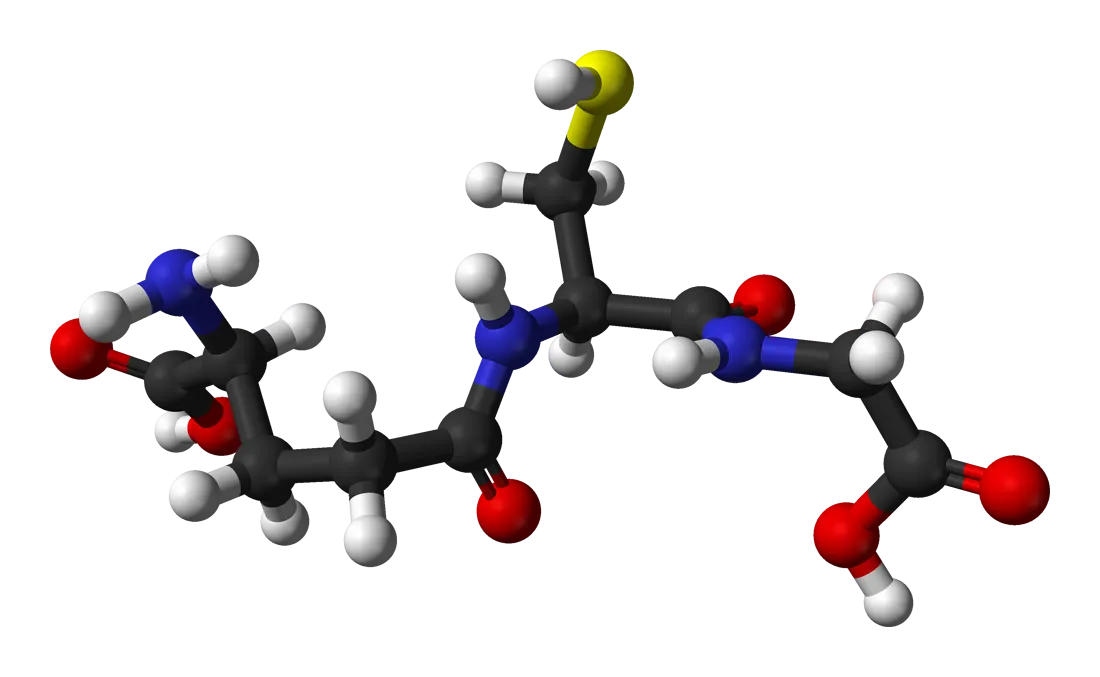N-Acetyl Cysteine (NAC) is a dietary supplement and a precursor to the amino acid cysteine, which is necessary for the production of glutathione – a potent antioxidant that helps protect cells against damage from free radicals. NAC has been used for decades as a mucolytic agent, which helps break down mucus in the lungs, and as a treatment for acetaminophen toxicity. However, recent research has found that NAC has a variety of other benefits, such as reducing inflammation, boosting immune function, and improving mental health. Despite these benefits, the U.S. Food and Drug Administration (FDA) has recently categorized NAC as a drug, which has created controversy among healthcare professionals and consumers.
Benefits of NAC
One of the primary benefits of NAC is its ability to increase levels of glutathione, which helps protect against oxidative stress and inflammation. This can be particularly beneficial for individuals with chronic conditions such as asthma, chronic obstructive pulmonary disease (COPD), and liver disease. Additionally, NAC has been shown to reduce inflammation in the body, which is a key factor in many chronic diseases such as heart disease, cancer, and diabetes.
Another benefit of NAC is its ability to boost immune function. Research has shown that NAC can help increase the activity of natural killer cells, which play a key role in the body’s immune response. This can be particularly beneficial for individuals with compromised immune systems or those who are susceptible to infections.
NAC has also been found to have neuroprotective properties, making it a potential treatment option for a variety of neurological disorders. Studies have shown that NAC can help protect against oxidative stress and inflammation in the brain, which can help prevent or slow the progression of conditions such as Alzheimer’s disease, Parkinson’s disease, and multiple sclerosis.
Regulation and Legal Implications of NAC
Despite the numerous benefits of NAC, the FDA recently categorized it as a drug, rather than a dietary supplement. This decision was based on the agency’s determination that NAC was being marketed for therapeutic purposes, rather than as a nutritional supplement. As a result, NAC can no longer be sold over-the-counter and can only be obtained with a prescription from a healthcare professional.
The decision to categorize NAC as a drug has created controversy among healthcare professionals and consumers. Some argue that the FDA’s decision is overly restrictive and could limit access to an important supplement for those who need it. Others argue that the decision is justified, as NAC has been shown to have significant therapeutic benefits and should be regulated as a drug.
There are also legal implications associated with the FDA’s decision. Companies that were previously selling NAC as a dietary supplement may now be subject to legal action for marketing a drug without FDA approval. Additionally, healthcare professionals who prescribe NAC may face increased scrutiny from regulatory agencies.
Conclusion
N-Acetyl Cysteine (NAC) is a dietary supplement that has numerous health benefits, including boosting immune function, reducing inflammation, and improving mental health. However, the recent decision by the FDA to categorize NAC as a drug has created controversy and legal implications. While some argue that the decision is overly restrictive and could limit access to an important supplement, others argue that the decision is justified based on the therapeutic benefits of NAC. Ultimately, the regulation and legal implications of NAC will continue to be a topic of debate among healthcare professionals, consumers, and regulatory agencies.
Shop N-Acetyl Cysteine Supplements
Top Selling Item

NOW Supplements, NAC (N-Acetyl Cysteine) 600 mg with Selenium & Molybdenum, 250 Veg Capsules
$18.98
Most Recommended

NAC Supplement N-Acetyl Cysteine (1,000mg Per Serving 500mg Per Cap, 210 Capsules) (Third Party Tested, Manufactured in The US) with Odor Masking Technology to Boost Glutathione Levels by Double Wood
$16.95
Top Rated

Anti-Aging NAC Supplement N-Acetyl Cysteine 600mg with Quercetin, Milk Thistle, Molybdenum & Selenium(750mg/serv) N-Acetyl-Cysteine Capsules for Respiratory Health, Liver, Kidney, Antioxidant Support
$22.49

